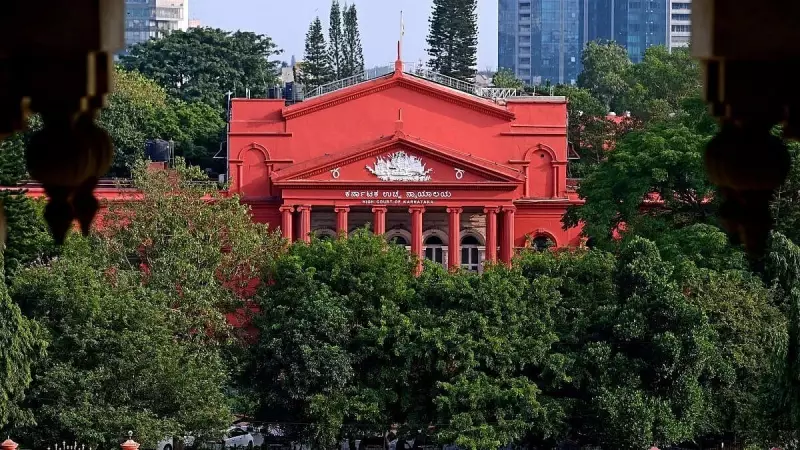
In a landmark decision that underscores the importance of compassionate employment policies, the Karnataka High Court has directed the North Western Karnataka Road Transport Corporation (NWKRTC) to reconsider a woman's plea for compassionate appointment following her father's untimely death.
Court's Directive Brings Hope
The bench, while hearing the petition, emphasized the corporation's obligation to properly consider compassionate appointment cases. The court noted that such appointments serve as crucial social security measures for families who lose their primary breadwinner.
The petitioner had approached the court after her application for compassionate appointment was rejected by NWKRTC authorities. Her father had served as a driver with the corporation before his unfortunate demise while in service.
Legal Battle for Employment Rights
The woman's legal counsel argued that the corporation had failed to properly consider her application under the compassionate appointment scheme. They emphasized that such policies are designed specifically to provide immediate relief to families facing financial crisis due to the loss of their primary earner.
The court carefully examined the corporation's reasons for rejection and found merit in the petitioner's arguments. The judges observed that compassionate appointments cannot be treated as routine employment matters and require a more humane approach considering the family's circumstances.
What This Ruling Means
This judgment sets an important precedent for similar cases across Karnataka's public sector undertakings. It reinforces that:
- Compassionate appointments are crucial welfare measures
- Corporations must apply humane considerations in such cases
- Proper application of mind is required while rejecting such pleas
- Dependents have legitimate rights to seek employment support
The court has given NWKRTC a specific timeframe to re-examine the woman's application and pass a fresh order in accordance with the law. This decision brings renewed hope to many families dependent on such welfare measures during times of crisis.





